Director of Communications, University of Michigan Rogel Cancer
Fawcett leads a team of communicators who produce targeted, innovative communication for the Rogel Cancer Center’s research and clinical enterprises. Prior to Michigan Medicine, Fawcett was a reporter at the Detroit News and editor for a web-based community for people with disabilities.

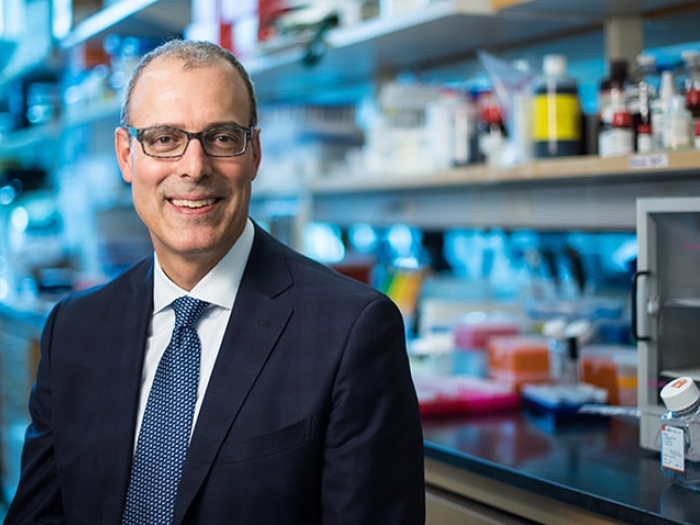
Health Lab
A newly announced $150 million gift to the University of Michigan Rogel Cancer Center will help fill the gaps in federal funding and support high-risk, high-reward research.
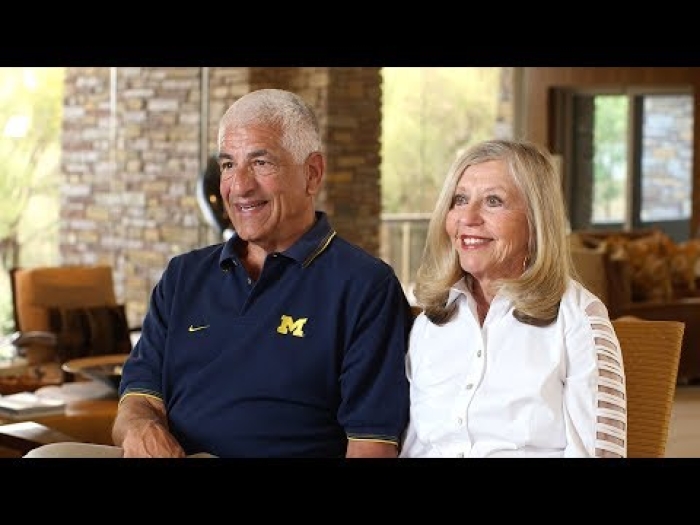
News Release
Richard and Susan Rogel are on a mission to boost innovative cancer research and develop the next generation of cancer pioneers -- and they are committing $150 million to the University of Michigan Comprehensive Cancer Center to realize that vision.
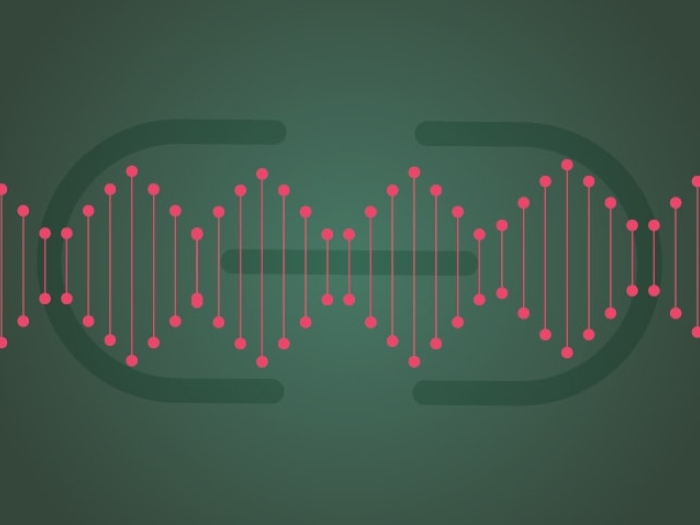
Health Lab
A new study finds only half of women who could benefit from genetic testing get it, and often not before they have surgery.
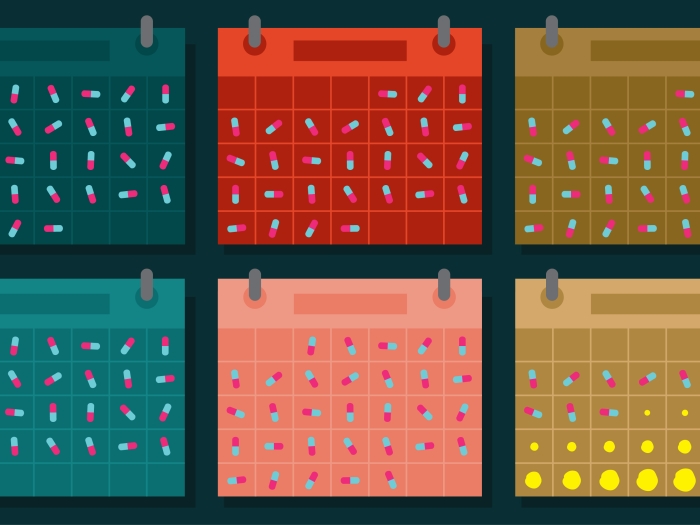
Health Lab
Researchers uncover a mechanism that explains why a Hedgehog inhibitor kills skin cancer, but not completely.

Health Lab
Breast cancer patients who used an interactive website were more informed about options and felt better prepared to make a treatment choice.
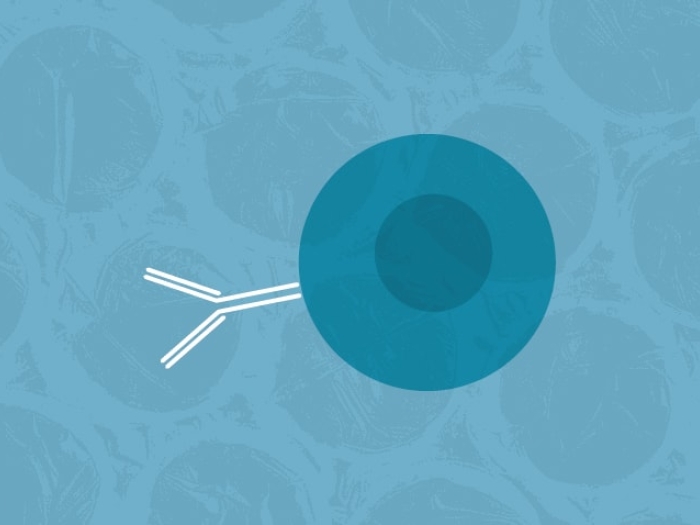
Health Lab
PD-L1 in cells within the tumor microenvironment and lymph nodes may matter more than PD-L1 in tumors, researchers report in a new study.
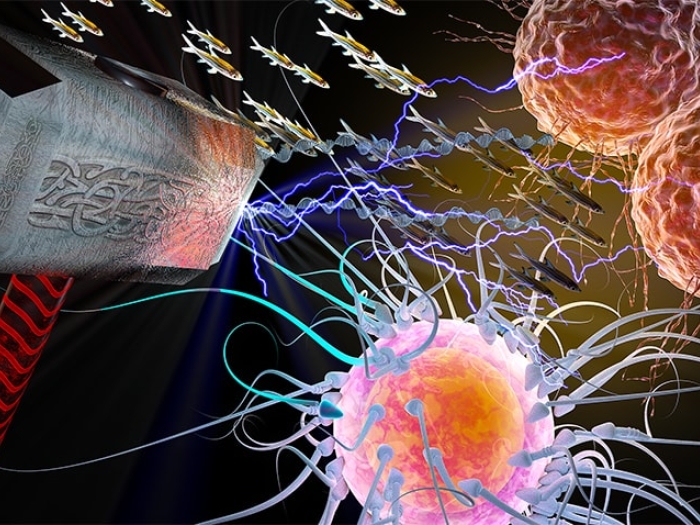
Health Lab
Researchers have identified and characterized a new type of RNA protein called THOR that plays a role in cancer development — and could serve as a target for drug development.

Health Lab
As many high-profile men face national reckoning for inappropriate sexual misconduct in the workplace, women in medicine are also standing up to say #MeToo, sharing their stories of sexual harassment and discrimination.
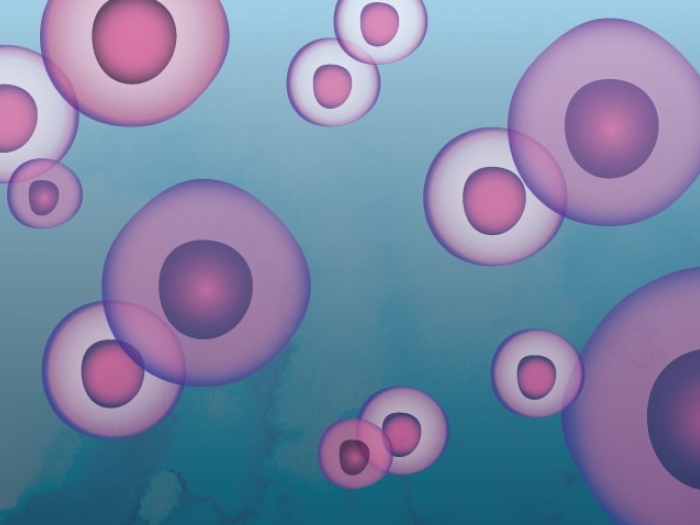
Health Lab
Cancer can damage undifferentiated naive T cells, which keeps the fighter cells from doing their job.

Health Lab
Five years of endocrine therapy or 10? As breast cancer patients weigh the benefits of long-term treatment, a new study might help.

Health Lab
Steady rates of recurrence in women with estrogen receptor-positive disease could influence decisions about long-term therapy
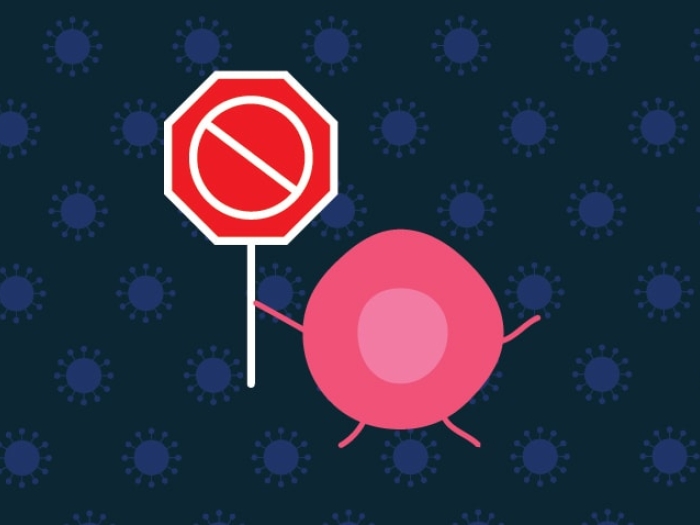
Health Lab
Suppressive Treg cells become even more suppressive when they die, a new study finds.
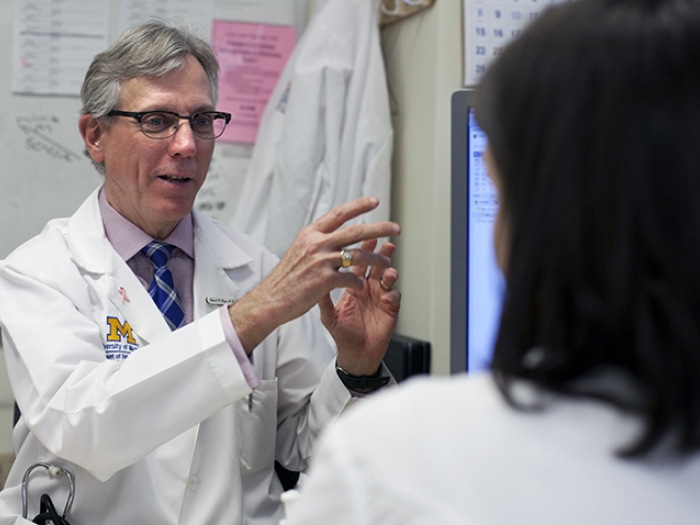
Health Lab
When will we cure breast cancer? See how breast cancer treatment has evolved since 1960 and find out what the future of breast cancer treatment and research holds.

Health Lab
Learn how a powerful combination of a new protein inhibitor and a chemotherapy drug lead to triple negative breast cancer cell death in mice.

Health Lab
Surgeon attitudes were the biggest driver of likelihood that patients receive contralateral prophylactic mastectomy, a new study finds.